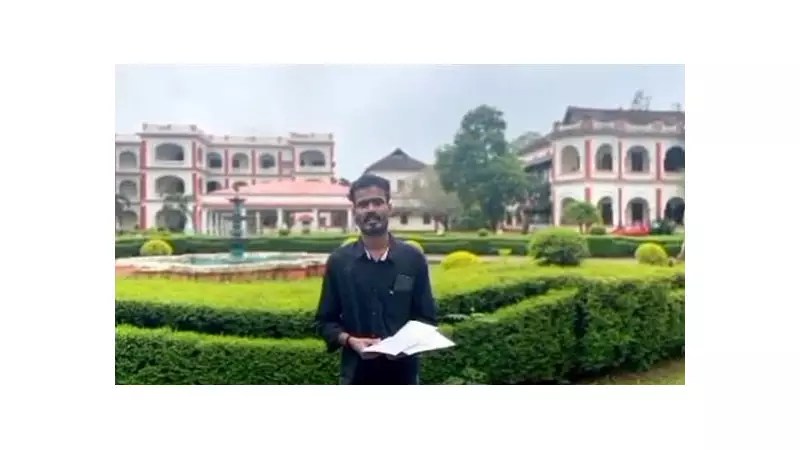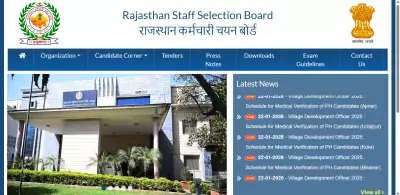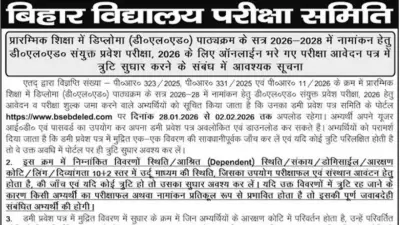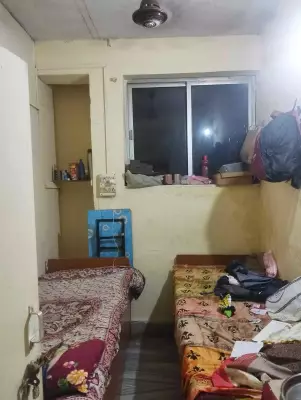
In a stark reminder of the growing financial barriers in higher education, a promising student from Kerala has been compelled to abandon her agricultural studies due to exorbitant institutional fees that placed her dreams beyond reach.
The Breaking Point: ₹4.5 Lakh Annual Fee
Amrutha S, a determined student from Malappuram district, had secured admission to the Bachelor of Science in Agriculture program at the prestigious Kelappaji College of Agricultural Engineering and Technology. However, her academic aspirations collided with financial reality when she discovered the institution demanded an annual fee of ₹4.5 lakh.
"The fee structure was completely unexpected and beyond our family's financial capacity," Amrutha revealed, expressing her profound disappointment. "Despite my strong interest in agriculture and my desire to contribute to this vital sector, the financial burden made continuing impossible."
Institutional Response and Student Dilemma
The situation took a more concerning turn when college authorities allegedly informed Amrutha that fee concessions or scholarships were unavailable for students in the merit quota. This left the aspiring agriculturist with no viable path to continue her education at the institution.
What makes this case particularly noteworthy is that Amrutha had secured her seat through the merit quota after successfully clearing the agriculture entrance examination. Her academic credentials were never in question—only her financial capacity to sustain the course.
Broader Implications for Agricultural Education
This incident raises critical questions about the accessibility of professional agricultural education in India, particularly for students from ordinary economic backgrounds. When institutions dedicated to serving the agricultural sector become financially inaccessible to the very communities they're meant to serve, it creates a troubling paradox.
"Agriculture is the backbone of our economy, yet we're pricing out the next generation of agricultural professionals," commented an education activist familiar with the case. "When bright students like Amrutha cannot afford to study agriculture, we're not just failing individuals—we're compromising our food security future."
A Growing Concern Across Professional Courses
Amrutha's experience reflects a broader pattern affecting professional education across Kerala and India. As educational institutions increasingly rely on self-financing models, students from middle-class and lower-income families find themselves squeezed out of specialized fields that require significant infrastructure and resources.
The case has sparked conversations among education policymakers about the need for:
- Transparent fee structures during admission counseling
- Expanded scholarship programs for merit students
- Income-based fee concessions
- Greater government oversight of professional course fees
As Amrutha explores alternative educational paths, her story serves as a powerful reminder of the financial barriers that continue to hinder educational equity in professional sectors crucial to national development.





